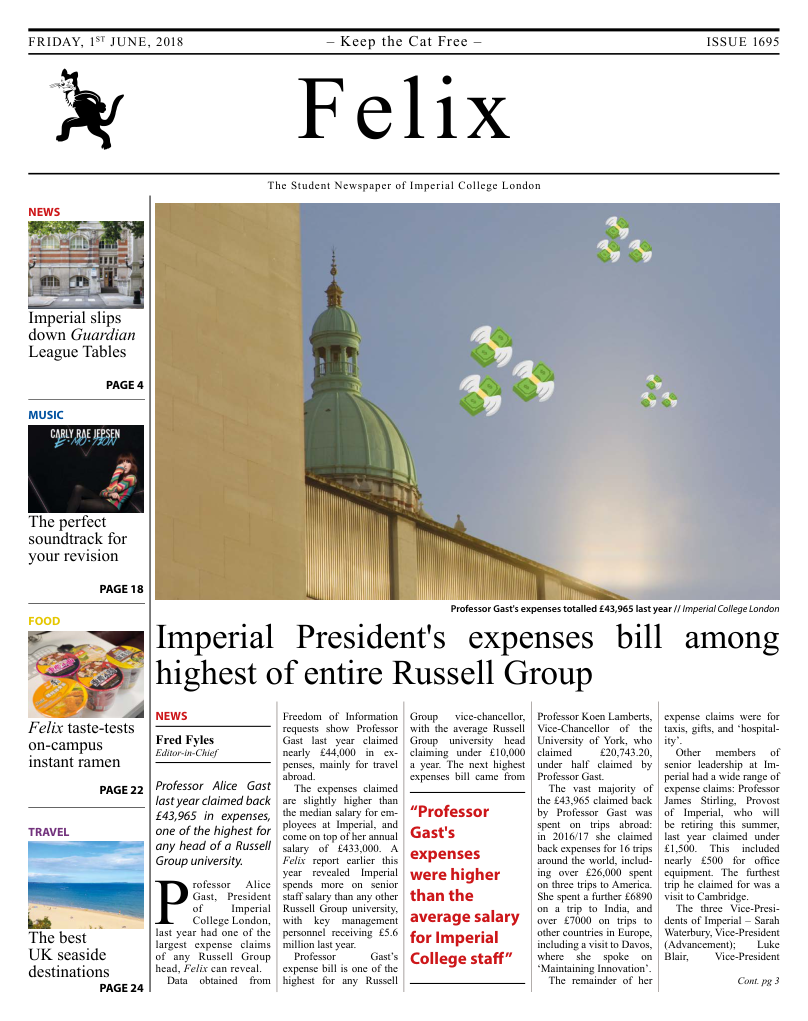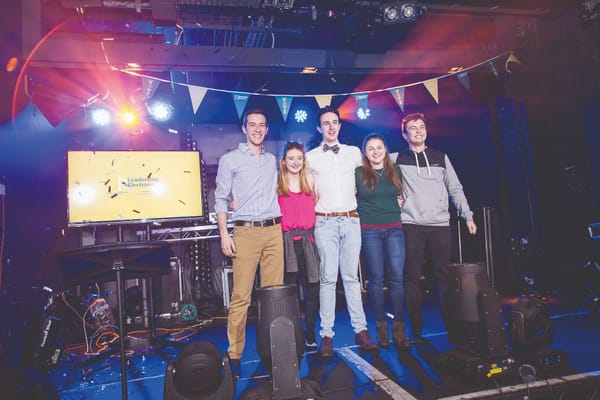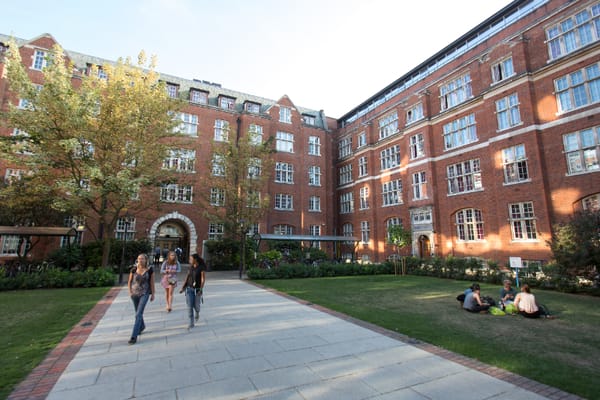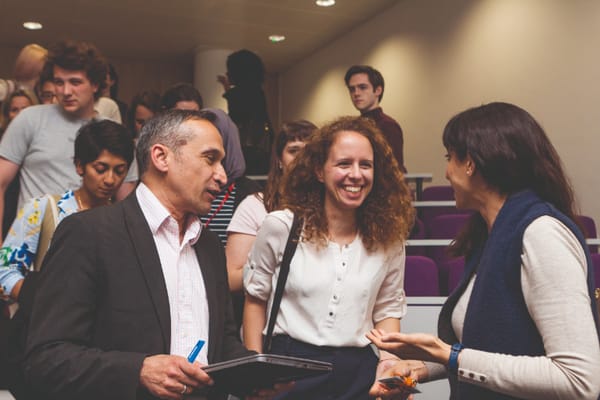Imperial subjects fall in Guardian League Table, as Cambridge retains top position
New methodology this year saw big changes, as some subjects fell nearly 20 places, and Imperial fell to seventh in the UK

Imperial College London has dropped one place in the Guardian League Tables, with a number of individual subjects dropping sharply in the rankings.
Overall, Imperial was ranked seventh in the country, between Bath (which placed 6th) and Warwick (which placed 8th). Cambridge, Oxford, and St Andrews took the top three places for a third year in a row. Imperial’s ranking is one place down from last year, when it was ranked joint 6th with Loughborough university.
The rankings are generated from a number of metrics, including student satisfaction, student to staff ratio, and employment after six months. This year The Guardian also looked at the proportion of first year students who progress to their second year.
A number of individual subjects also saw significant changes in their rankings. Chemistry saw the biggest overall drop, falling 19 places to 37th in the country, while mathematics went from 3rd place to 21st. Both subjects have continuation rates below average for Imperial as a whole, with over 10% of first year chemistry students not making it to the second year.
Physics, which last year fell 22 places in the Guardian rankings, fell another two places to 32nd. While they had a continuation rate in line with the university as a whole, they dropped their score on student satisfaction with course and teaching. Physics students were the least satisfied with their course and feedback in the country. Similar problems were highlighted recently in the Complete University Guide (CUG) league tables.
Other subjects saw smaller drops, such as materials and computer science, which dropped two places each. Mechanical engineering was the only subject to improve their ranking year-on-year, climbing four places to take the top spot; Imperial was also ranked the highest for earth and marine sciences, and civil engineering.
Overall, Imperial dropped their score slightly on student satisfaction with courses, teaching, and feedback, which are based on National Student Survey (NSS) responses. This year’s NSS results showed a wide range in student satisfaction, with students highlighting particular problems with feedback and marking. Several departments scored poorly on the NSS response, including physics and chemistry.
Speaking to Felix, a College spokesperson said: “Imperial College London is committed to offering all of its students a world-leading, rigorous, evidence-based, inclusive educational experience as part of a vibrant research environment. The College is embarking on a radical transformation of the way it educates by applying new teaching methods that enrich the student experience and improve inclusion and diversity. We will be working with students at every opportunity to get feedback, as we understand that we need this evidence base if we are to offer students the very best in teaching and support services.”
The Guardian ’s league tables have a different methodology to other league tables, choosing to exclude scores for research, since they are “of limited relevance to students.” This sets them apart from other rankings, such as the Times Higher Education (THE) World University Rankings, or the CUG rankings, which both include research scores. Imperial was ranked 8th in the world in THE’s rankings earlier this academic year, while Imperial was ranked 4th in the UK in the CUG rankings.
However, some have expressed concern over the dramatic nature of some of the shifts within the Guardian ’s league tables: City, University of London, dropped 63 places from last year’s tables, while Liverpool John Moores rose 31 places, overtaking the University of Liverpool, a Russell Group institution. Speaking to * Research, an academic news network, Professor Stephen Curry, Imperial's Assistant Provost for Equality, Diversity, and Inclusion, and professor of structural biology, said these changes were “a concern for The Guardian and for anyone relying on their published rankings.”
Times Higher Education World Reputation Rankings see UK fall
This week also saw the release of the Times Higher Education World Reputation Rankings, which saw Imperial drop two places to 20th globally. Imperial was one of four London universities in the rankings to drop places, with UCL coming in highest at 18th.
Overall, the UK went down in the rankings in comparison to last year, with one fewer university in the table, and six of its nine universities features dropping in the rankings.
The USA remained the most represented country, with 44 universities in the top 100. While Asian universities have been climbing in the overall league tables, this success hasn’t translated to prestige outside the continent.
The rankings are generated from the Academic Reputation Survey, which is sent out to scholars across the world. Institutions are given a score for their research and teaching reputations.








